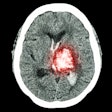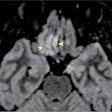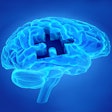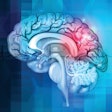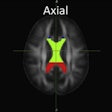Neuroradiology: Page 21
Mediaire releases new version of mdbrain
May 26, 2020
AI gives boost to brain injury assessments
May 20, 2020
Novel PET tracer can aid Alzheimer's detection
May 14, 2020
BrainTale gets CE Mark for quantitative software
April 2, 2020
MRI illustrates how pediatric brains can recover
March 29, 2020
3D printing enhances CT segmentation for brain disease
March 17, 2020
Smart Reporting, Mediaire to develop MS software
March 8, 2020
MRI links brain changes to antisocial conduct
February 20, 2020
